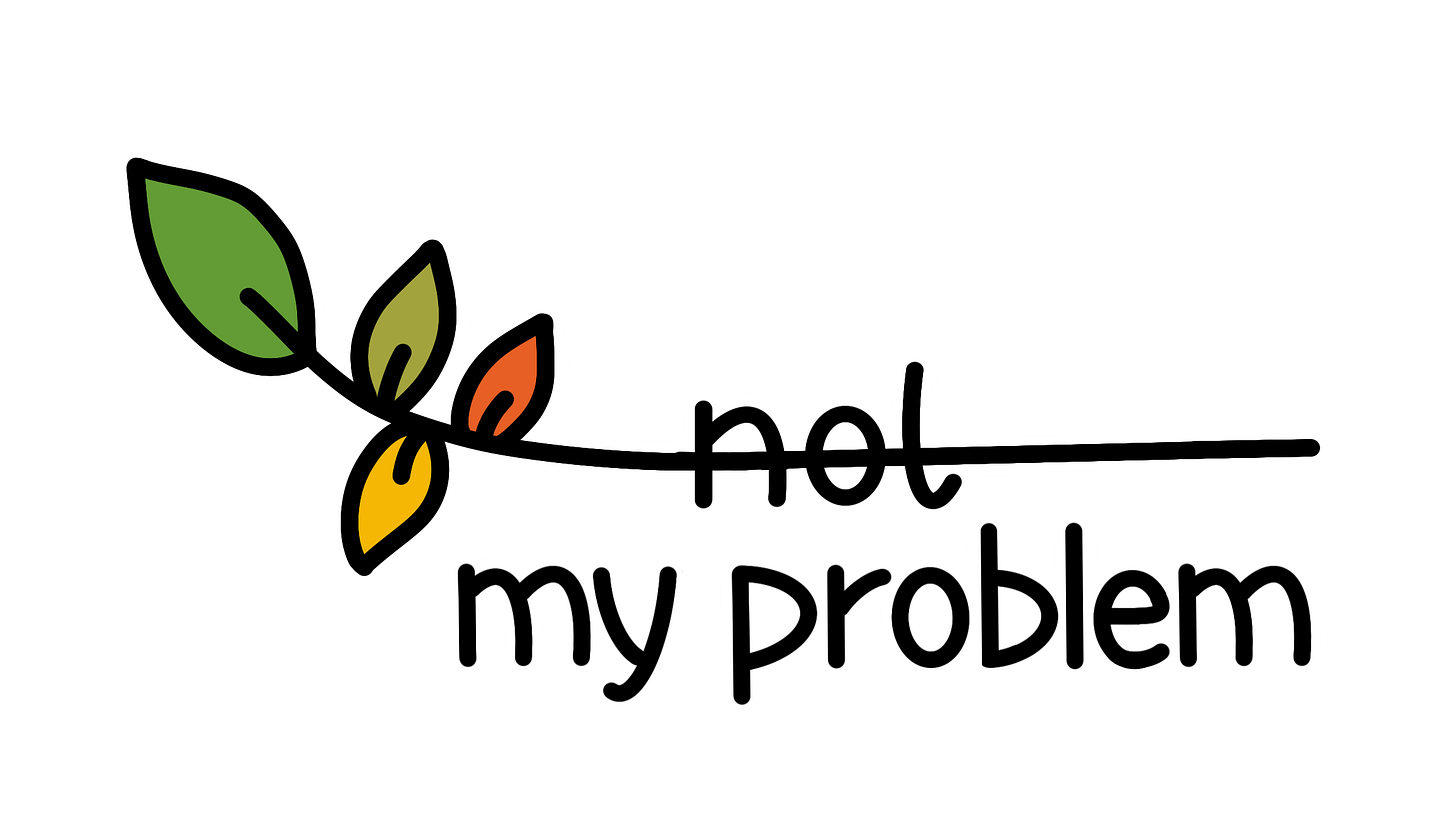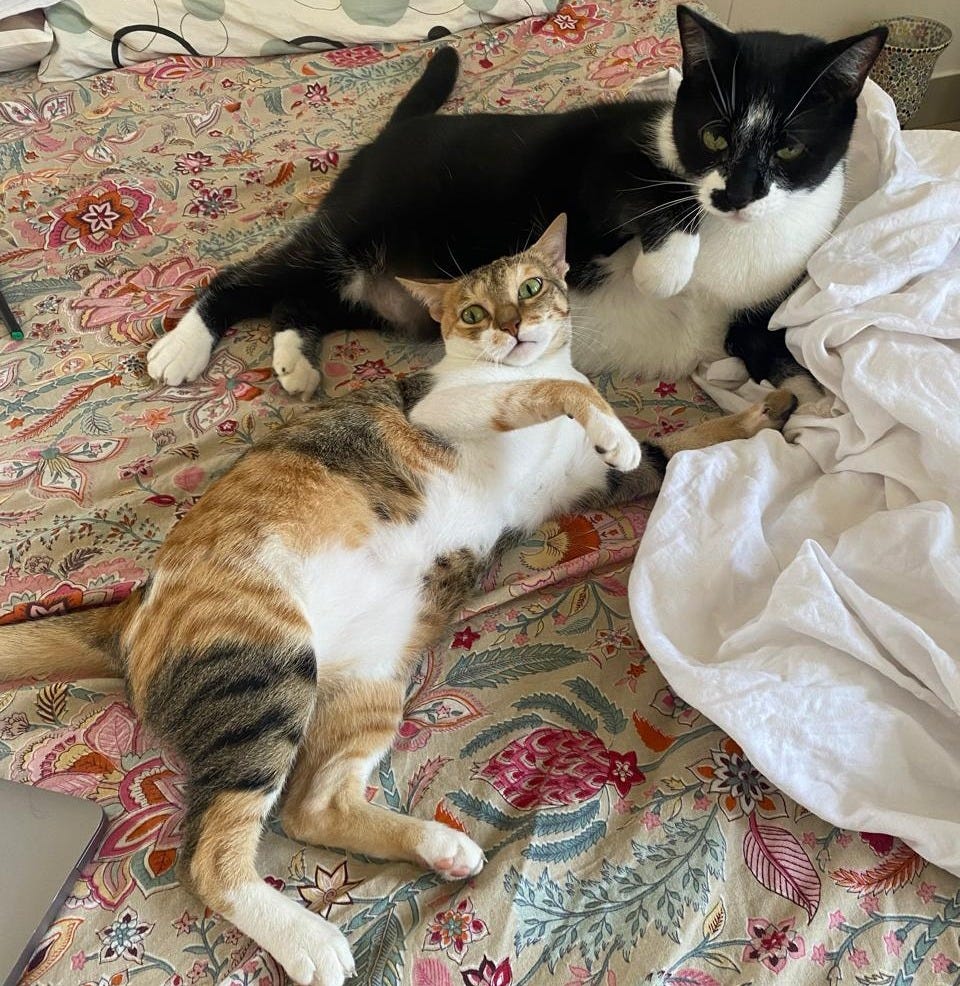🧻 Japan Is Making Toilet Paper From This Surprising Material
Would You Use It?
Today’s eco snapshot👇🏽
Japan Is Making Toilet Paper From This Surprising Material
Startup of the Week: SecondShop
5 Sustainable Brands That You Should Check Out
News That Lifted My Spirits This Week
3 Ways I Can Support Your Sustainability Journey
🧻 Japan Is Making Toilet Paper From This Surprising Material
The traditional toilet paper is made of virgin paper that comes from cutting down trees. On average, 700 million trees are cut every year just to make toilet paper. Plus virgin toilet paper requires 37 gallons (150 liters) of water per roll. That’s not sustainable by any standard.
Disposable diapers present another environmental challenge — they're the third-largest single-use consumer item in landfills. Once used, a diaper takes 500 years to decompose in a landfill. This means every diaper ever used still exists somewhere on Earth. Mind-boggling, right?
So Japan is tackling both problems together. Yes, you guessed it right — converting used diapers to toilet paper.
Before you get disgusted, these diapers are sterilized, deodorized, and bleached before being shredded into a pulp. They are then mixed with recycled paper and transformed into rolls of toilet paper.

Known as Shibushi Osaki Roll, the project is run by the city of Shibushi and the town of Osaki. A great solution that saves wood, waste, and water!
⌛ Time for the quiz of the week
This fast fashion brand’s emissions from transport jumped by 10% in 2024. Reason: it used more flights to move clothes from factories in Asia to its stores globally.
Answer at the end of the newsletter. No one (including me) can see your response, so feel free to vote. 😉
✨ Startup of the Week: SecondShop
This Canadian brand is giving new life to returned goods.
Just Return It…Returning products has become incredibly simple these days. Wrong color or model? Return it. Found a better deal elsewhere? Return it. Product arrived damaged? Return it. While this flexibility is reassuring for consumers, it's not an environmentally friendly practice.
Another Chance…Many retailers struggle with handling returned products, often finding it more cost-effective to discard them than to resell them—a concerning practice. This is where SecondShop steps in, offering a solution by giving returned goods a second chance at life.
Win Win Win…SecondShop works directly with manufacturers and retailers to source returned products. They thoroughly test each item internally before listing it on their website. These products are offered at discounted prices, allowing customers to save money while contributing to environmental sustainability.
Have you seen a similar business model in your area/country?
✅ 5 Sustainable Brands That You Should Check Out
Airpaq: Bags from seat belts and airbags.
Arani Ecosteps: A plastic-free store for personal care and household products.
Cafide: Planet-friendly pet products made from upcycled material and vegan leather.
ChopValue: Furniture made from discarded chopsticks.
Mill: A kitchen bin that converts kitchen scraps into nutrient-rich food grounds for chickens.
😹 News That Lifted My Spirits This Week
🌞 Solar Solstice: Cambridge-based Solstice is pioneering a creative funding approach for community solar projects by selling premium-priced renewable energy credits to corporate buyers like Microsoft. The program aims to fill the gap left by dwindling federal funding, with the surplus going into a fund that supports renewable energy initiatives in underserved areas. The initiative has already benefited several Massachusetts organizations, including Boston Medical Center and Worcester Community Energy Action.
⚡ Speed Demon: BYD is revolutionizing EV charging with a groundbreaking system that can add 292 miles of range in just 5 minutes — as quick as filling up at a gas station. Set to launch next month, this technology promises to outperform Tesla's Superchargers and could be the game-changer needed to convince hesitant drivers to switch to electric vehicles.
🌍 Green Britain's Brief: The UK hit a remarkable environmental milestone in 2024, with greenhouse gas emissions plunging 3.6% to their lowest levels since 1666. This dramatic reduction was achieved through several key initiatives, including shutting down the country's last coal-fired power station, embracing EVs (up 40%), and experiencing the cleanest electricity generation in history. The final tally showed emissions at 371m tonnes of CO2 equivalent, marking the lowest level since 1872.
💁🏼 3 Ways I Can Support Your Sustainability Journey
If you’re a planet-friendly brand, I can help you with your blogs, newsletters, case studies, and whitepapers. Here’s some of my recent work
If you would like to chat about anything related to sustainability and climate change, you can book a free call
Do you want to be featured in this newsletter and on LinkedIn, where I write impactful stories (almost) every day? Just reply to this email, and I will send you the details
Give that 💚 a little tap if this edition helped you learn something new about sustainability and climate change. Have a good weekend, and see you next week :)





